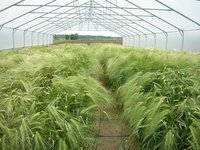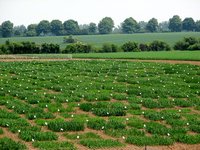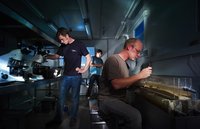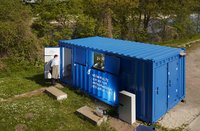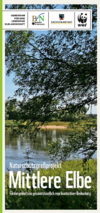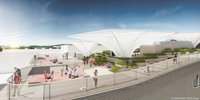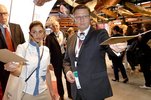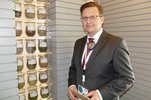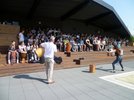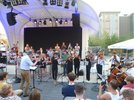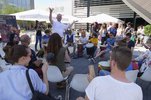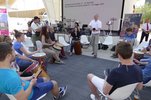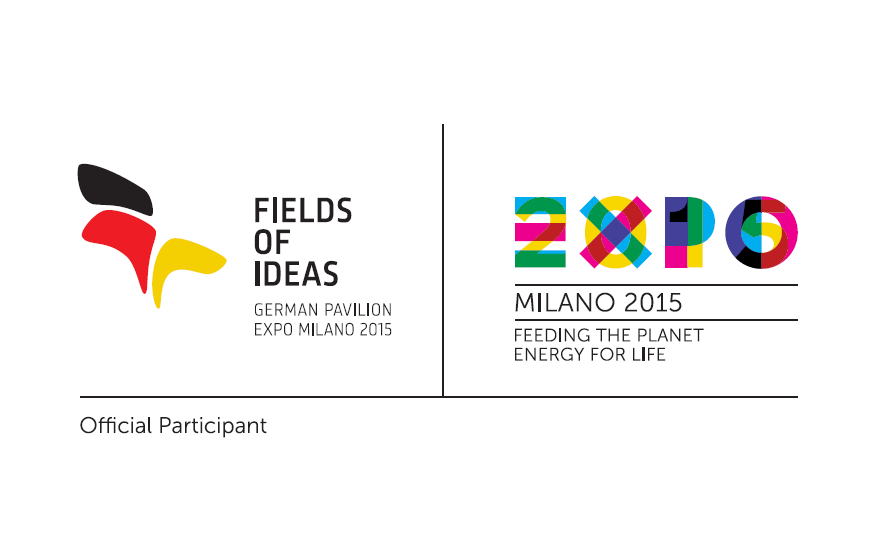Saxony-Anhalt at the EXPO Milano
Expo 2015 will be held in Milan, Italy from 1 May to 31 October of this year. The theme is “Feeding the Planet – Energy for Life”. 148 nations and international organisations have already confirmed their participation and, over the six months of the world fair, will be presenting projects about food and the sustainable and intelligent management of nature, the source of food. Twenty million visitors are expected to attend, with international visitors accounting for 30% of the total.
Saxony-Anhalt will be at the German Pavilion with a range of projects in the exhibition, a federal state station and the “federal state” days from 27 to 31 May. Visitors will discover the region as an innovative centre of business and research that has contributed many ideas to the central theme of the Expo.
The food industry is one of the largest industries in Saxony-Anhalt in terms of both turnover and workforce. Find out more in our <link file:4601>brochure.

